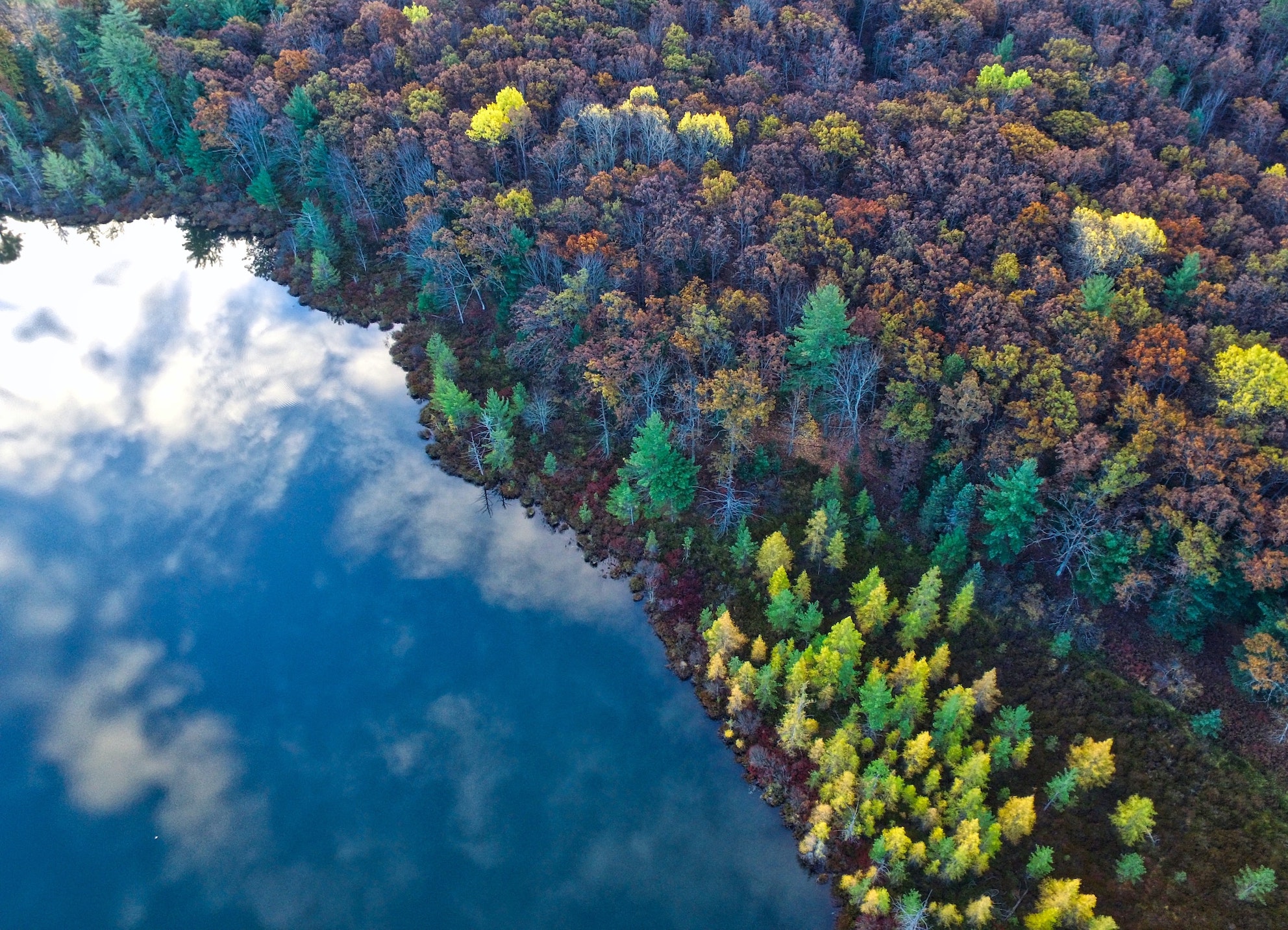1 October 2022 – by Ottoline Mary
There has been an update on the case of the Torres Strait Islanders’ struggle for protection against the threat of climate-induced displacement. Already mentioned in an earlier Earth Refuge article, these low-lying lands, mainly populated by First Nations Australians, are facing a sea level rise which is double that of the global average. In addition to the direct damages caused by the floods themselves (such as infrastructure and crop destruction), the latter also deplete environmental resources such as edible fish, thereby jeopardising food security in the region.
Back in 2019, a group of local residents filed a complaint to the UN Human Rights Committee, denouncing the Australian government’s failure to adapt to climate change and to protect impacted communities (e.g., by upgrading seawalls). Last week, the UN Human Rights Committee finally issued a decision declaring that “Australia’s failure to adequately protect indigenous Torres Islanders against adverse impacts of climate change violated their rights to enjoy their culture and be free from arbitrary interferences with their private life, family, and home”. Consequently, the Committee has urged the Australian government to “compensate the indigenous Islanders for the harm suffered, engage in meaningful consultations with their communities to assess their needs, and take measures to continue to secure the communities’ safe existence on their respective islands”.
In this case, individuals successfully took the matter into their own hands to compensate for their government’s failure to take relevant climate action. This development is indicative of what appears to be a trend of change in the global political landscape, where civil society actors and even individuals are seizing the power that national systems fail to exert to protect their people.



